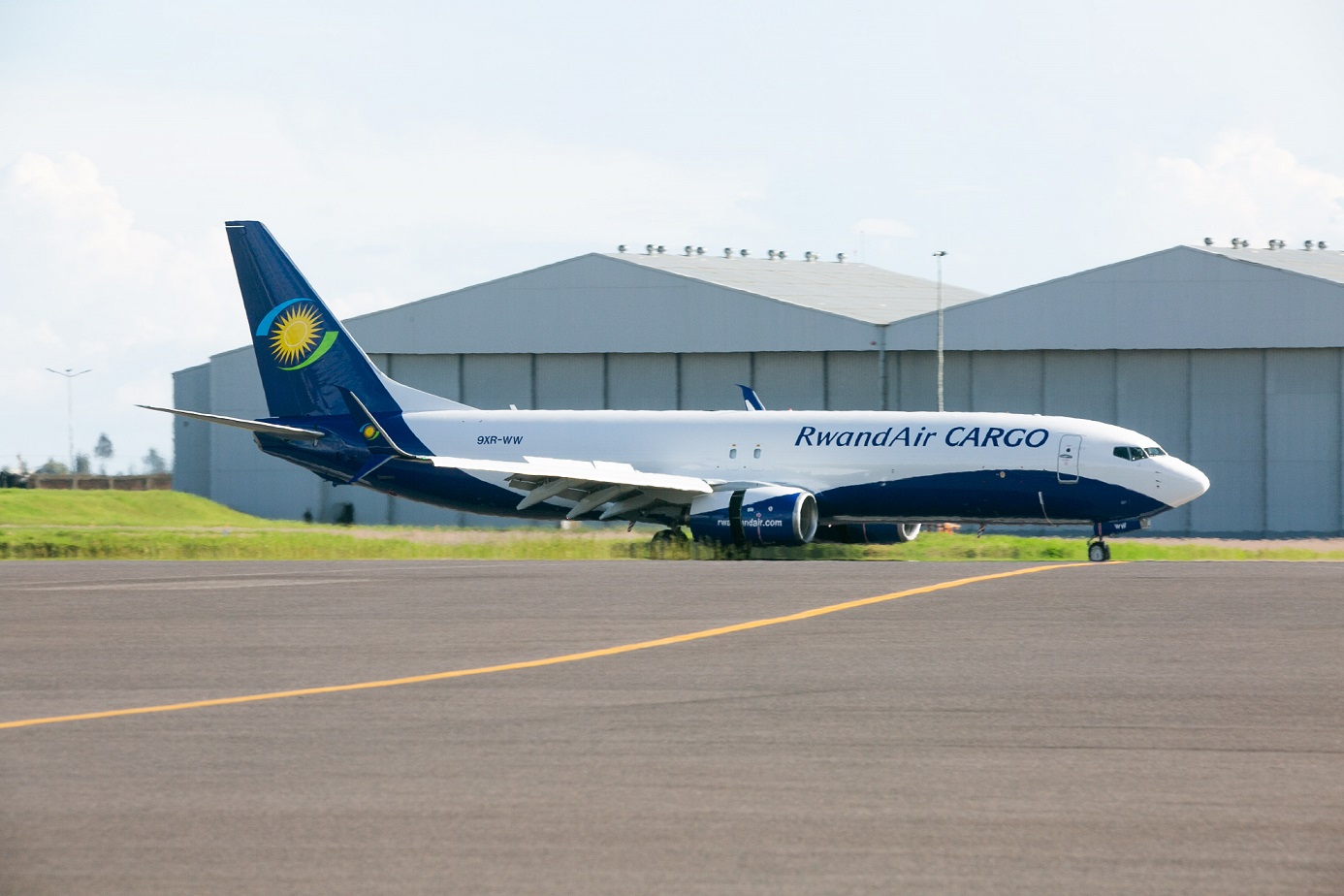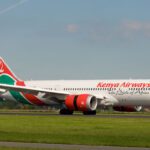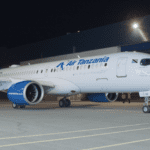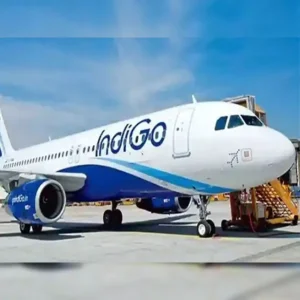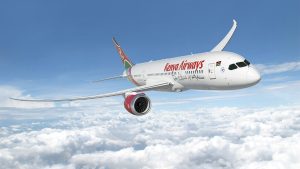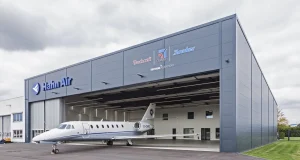National carrier RwandAir has received its first cargo, a 787-800 Boeing Converted Freighter (BCF), Yvonne Makolo, the airline’s CEO confirmed to The New Times.
“Today, we took delivery of our first dedicated cargo aircraft, B737-800SF as we expand our fleet, read part of a tweet put out by the airline on Thursday upon the arrival of the aircraft
In a previous interview with The New Times, Bosco Gakwaya, RwandAir’s senior manager of cargo services, said that the plane will start with Dubai and a few intra-African routes.
“For now, the rest will stay on existing passenger planes. As we assess the market,” he added.
According to him, the development will serve as an “import-export link” to Dubai and further UAE market.
“The aircraft has a capacity of 23 tonnes, suffice to say that, for our initial destinations, we are good to go in terms of the capacity, looking at today’s demand.”
If volumes shoot up, Gakwaya pointed out, that frequency is also expected to increase.
With up to 20 percent lower fuel use and CO2 emissions per tonne, B737-800BCF operators are carrying more payload with less fuel.
The aircraft features a large cargo door, a cargo handling system and seating for up to four non-flying staff or passengers.
Capacity, rates remain an issue
Players in the export trade sector expressed optimism about the upcoming cargo flights, but also raised concerns for a sustainable solution on the costly rates as well as capacity.
Rwanda’s main export and import market are Europe and the UAE.
The exporters say there is hope that the freighter increases their export volumes and reduces shipping costs.
“The current issue is limited space for our export produce,” Emmanuel Harerimana, the CEO of Garden Fresh, a company dealing in the export of fruits and vegetables, said in an earlier interview.
“Sometimes we book space for five tonnes and before departure we are told there’s space for only three tonnes, or in some cases, products can be offloaded while still at the airport to make room for passenger’s luggage,” Harerimana added.
“With the cargo plane, we will be able to increase our export volumes and we also hope they will reduce the cargo shipping cost.”
His company expects to increase exports to over 60 tonnes, up from the current 40-48 tonnes, every month.
Commenting on the concerns, Gakwaya told The New Times that prevailing challenges had been noted in the past, adding that there is a strategic plan for sustainable solutions.
Among them, he said, was capacity, which he believes is starting to take shape.
“It has strategically been solved. Especially if you look at the fact that we split the London, Brussels route. We don’t see an issue of space now.”
When pressed for details on the strategic plan, Gakwaya said, “Work is being done to find a sustainable solution.”
RwandAir now serves 29 destinations across East, Central, West, and Southern Africa, the Middle East, Europe and Asia.
Source: The New Times

